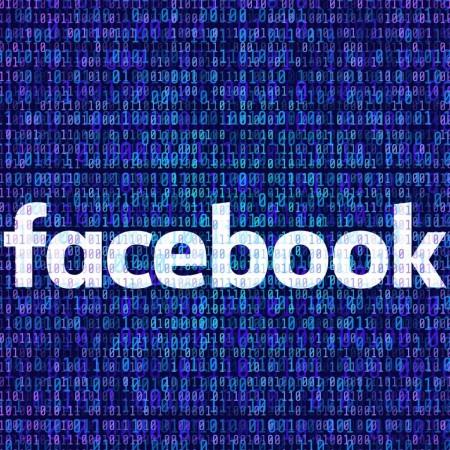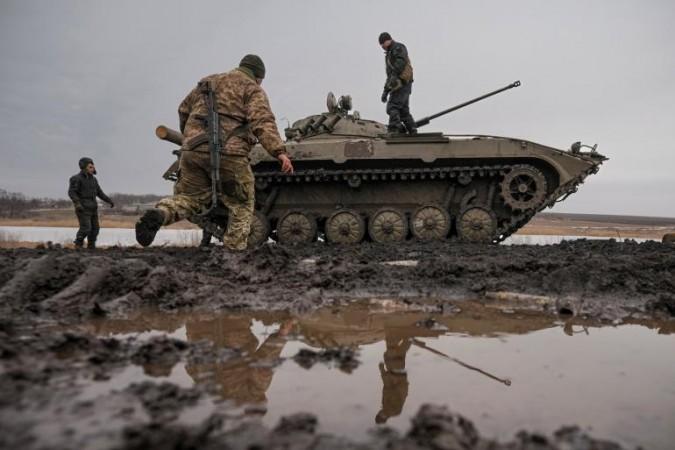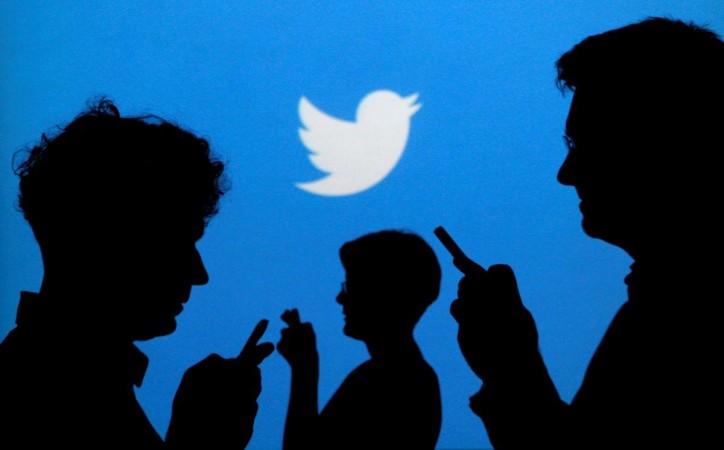Giving credibility to long-suspected and traditional practices of Russia, social media giants Facebook and Twitter have exposed a sophisticated disinformation campaign run against Ukraine, all while taking corrective measures. Global tech giants have already boycotted Russia on many fronts, well within their capabilities.
Apple, Google, Facebook among others have blocked Russian websites RT and Sputnik while payment gateways are also restricted in the country following its invasion in Ukraine. However, social media giants FB and Twitter made another major discovery of Russian disinformation campaign against Ukraine. The sophistication of the anti-Ukraine designs are startling.

Russia's anti-Ukraine campaigns
Russia has been exposed conducting covert influence operations on social media, which is targeted against Ukraine. One of the campaigns included a website and its primary motive is to push anti-Ukraine talking points. The website was linked to an offshoot of a known Russian disinformation operation.
In order to make its campaign more effective and believable, it used AI-generated faces and created a fake profile of columnists on various social media platforms. For instance, Vladimir Bondarenko is a blogger from Kiev who appears to hate the Ukrainian government and spreads his views. His profile says he was an aviation engineer until he was forced into blogging after the government's aviation infrastructure collapsed. Vladimir's photo to his backstory, everything is made in such a way that anyone would believe it. Except for the fact that Vladimir doesn't exist and his photo is an AI-generated image.

Russia has used its disinformation campaigns to manipulate the narratives about Ukraine, experts claim. There are anti-Ukraine articles churned out by these non-existent people.
Another campaign run by Russia against Ukraine is pushing disinformation using hacked accounts. Belarusian hacking group is believed to be behind it all. The objective of these campaigns, albeit largely ineffective, has been to show Ukraine in bad light and praise Russia.
FB, Twitter take corrective measures

These Russian-backed campaigns are now exposed, courtesy social media giants Facebook and Twitter, who have since taken measures to prevent spread of such disinformation through their platform. Both mediums removed two anti-Ukrainian campaigns last week, NBC News reported.
"The good news is that neither of these campaigns have been that effective, but we do see these actors trying to target Ukraine at this point. These actors are trying to undermine trust in the Ukrainian government, suggest that it's a failed state, suggest that the war is going very poorly in Ukraine or trying to praise Russia," Nathaniel Gleicher, Meta's head of security policy, said.
Deepfakes to push anti-Ukraine narrative
According to a report in The Guardian, a Russian propaganda campaign called 'Ukraine Today' has been using fake accounts on Facebook, Twitter and Instagram to promote fake news around the war. US intelligence officials were on the watch for manipulated video and audio that could result in multiple cases of misinformation.
The sudden surge in 'Deepfake' videos amid Russia-Ukraine war has put US authorities on alert that are being used to push anti-Ukraine misinformation. The FBI continues to wage a campaign against illegal deepfakes, as the technology continues to improve, reports Fox News.















